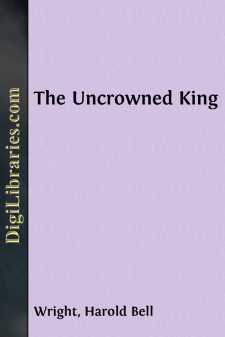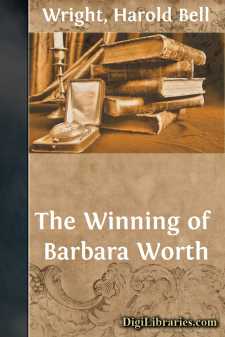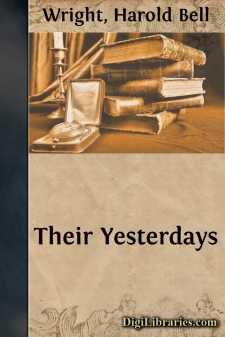Categories
- Antiques & Collectibles 13
- Architecture 36
- Art 48
- Bibles 22
- Biography & Autobiography 813
- Body, Mind & Spirit 142
- Business & Economics 28
- Children's Books 15
- Children's Fiction 12
- Computers 4
- Cooking 94
- Crafts & Hobbies 4
- Drama 346
- Education 46
- Family & Relationships 57
- Fiction 11829
- Games 19
- Gardening 17
- Health & Fitness 34
- History 1377
- House & Home 1
- Humor 147
- Juvenile Fiction 1873
- Juvenile Nonfiction 202
- Language Arts & Disciplines 88
- Law 16
- Literary Collections 686
- Literary Criticism 179
- Mathematics 13
- Medical 41
- Music 40
- Nature 179
- Non-Classifiable 1768
- Performing Arts 7
- Periodicals 1453
- Philosophy 64
- Photography 2
- Poetry 896
- Political Science 203
- Psychology 42
- Reference 154
- Religion 513
- Science 126
- Self-Help 84
- Social Science 81
- Sports & Recreation 34
- Study Aids 3
- Technology & Engineering 59
- Transportation 23
- Travel 463
- True Crime 29
Helen of the Old House
Description:
Excerpt
CHAPTER I
THE HUT ON THE CLIFF
No well informed resident of Millsburgh, when referring to the principal industry of his little manufacturing city, ever says "the mills"—it is always "the Mill."
The reason for this common habit of mind is that one mill so overshadows all others, and so dominates the industrial and civic life of this community, that in the people's thought it stands for all.
The philosopher who keeps the cigar stand on the corner of Congress Street and Ward Avenue explained it very clearly when he answered an inquiring stranger, "You just can't think Millsburgh without thinkin' mills; an' you can't think mills without thinkin' the Mill."
As he turned from the cash register to throw his customer's change on the scratched top of the glass show case, the philosopher added with a grin that was a curious blend of admiration, contempt and envy, "An' you just can't think the Mill without thinkin' Adam Ward."
That grin was another distinguishing mark of the well informed resident of Millsburgh. Always, in those days, when the citizens mentioned the owner of the Mill, their faces took on that curious half-laughing expression of mingled admiration, contempt and envy.
But it has come to pass that in these days when the people speak of
Adam Ward they do not smile. When they speak of Adam Ward's daughter,
Helen, they smile, indeed, but with quite a different meaning.
The history of Millsburgh is not essentially different from that of a thousand other cities of its class.
Born of the natural resources of the hills and forests, the first rude mill was located on that wide sweeping bend of the river. About this industrial beginning a settlement gathered. As the farm lands of the valley were developed, the railroad came, bringing more mills. And so the town grew up around its smoky heart.
It was in those earlier days that Adam Ward, a workman then, patented and introduced the new process. It was the new process, together with its owner's native genius for "getting on," that, in time, made Adam the owner of the Mill. And, finally, it was this combination of Adam and the new process that gave this one mill dominion over all others.
As the Mill increased in size, importance and power, and the town grew into the city, Adam Ward's material possessions were multiplied many times.
Then came the year of this story.
It was midsummer. The green, wooded hills that form the southern boundary of the valley seemed to be painted on shimmering gauze. The grainfields on the lowlands across the river were shining gold. But the slate-colored dust from the unpaved streets of that section of Millsburgh known locally as the "Flats" covered the wretched houses, the dilapidated fences, the hovels and shanties, and everything animate or inanimate with a thick coating of dingy gray powder. Shut in as it is between a long curving line of cliffs on the south and a row of tall buildings on the river bank, the place was untouched by the refreshing breeze that stirred the trees on the hillside above....











